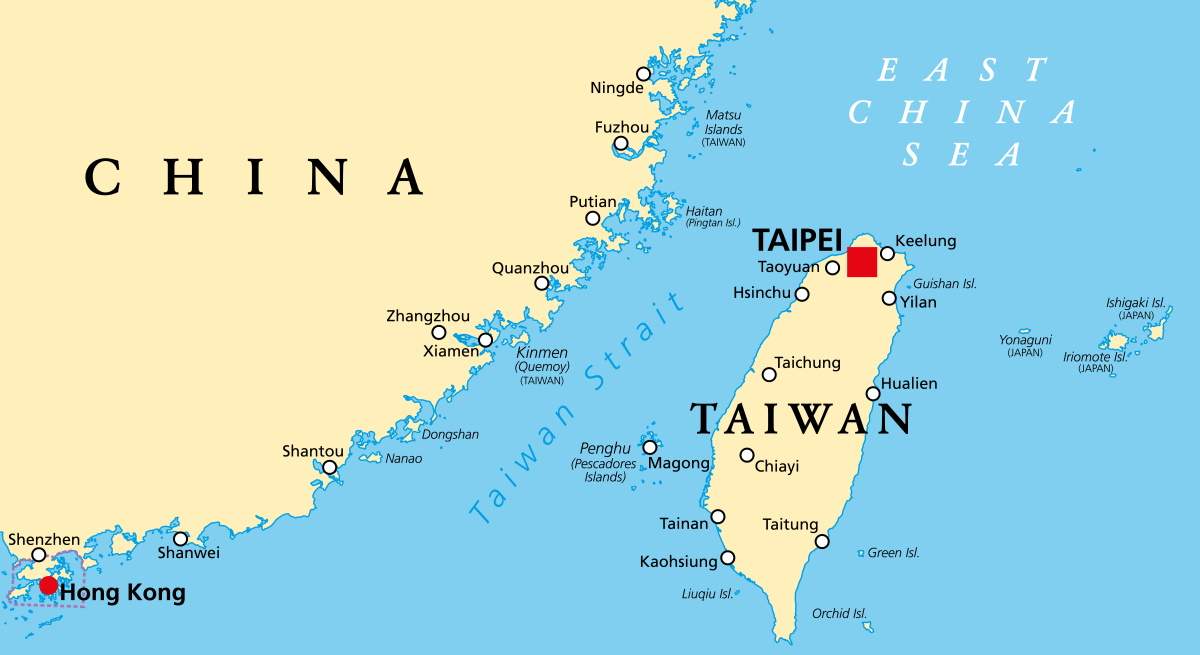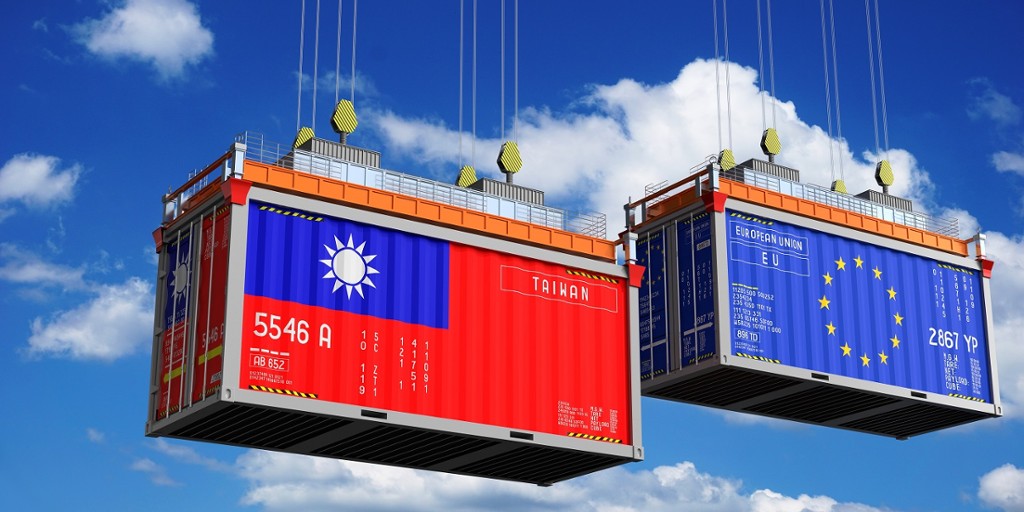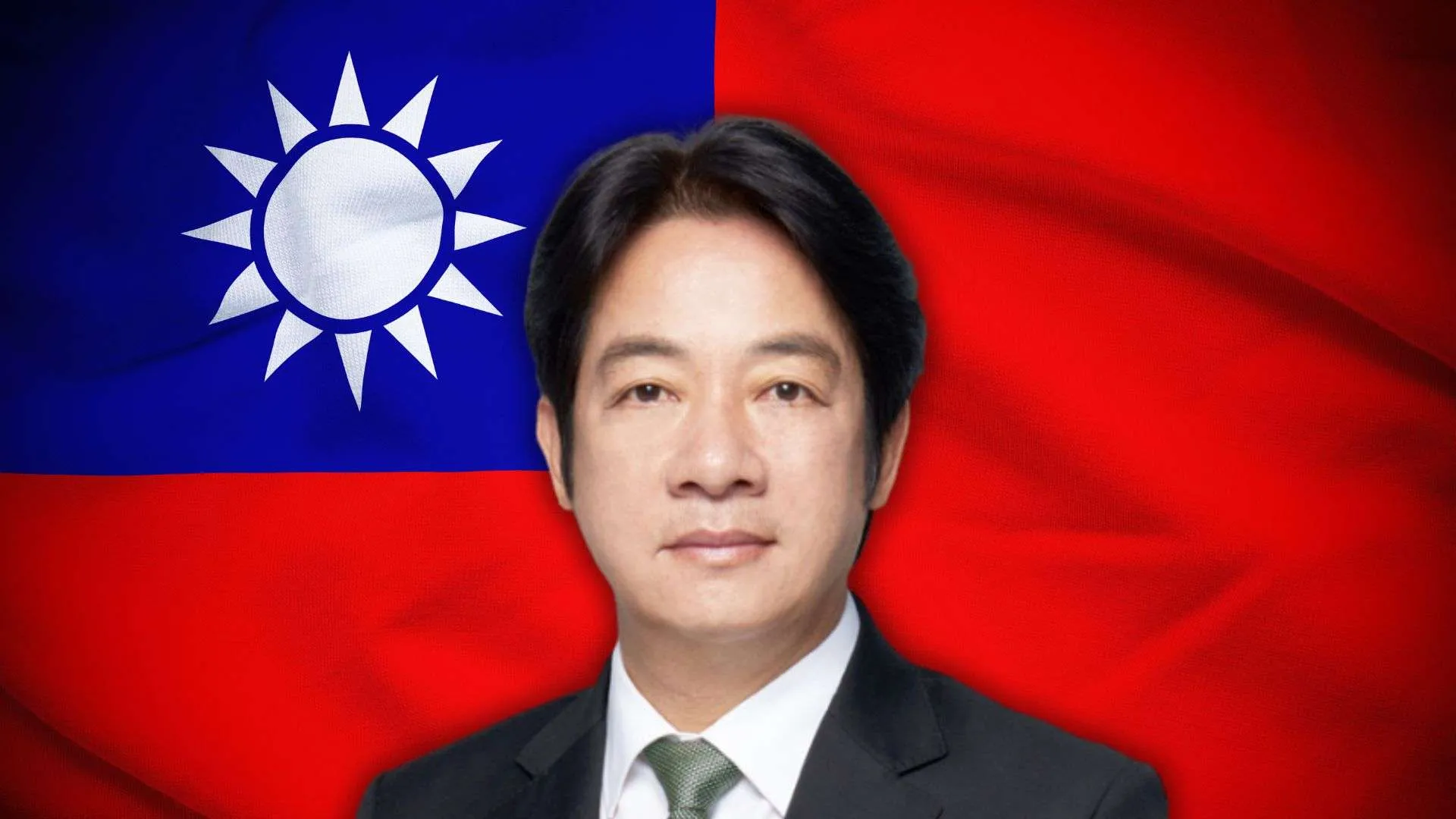by Martin Haffner Associate Editor
Title: Taiwan Alleges Rising Chinese Disinformation Campaigns to Destabilize Democracy and Strain US Relations
Introduction
As Taiwan continues to strengthen its democratic framework and assert its sovereignty, officials have raised alarms over a growing tide of disinformation campaigns believed to originate from mainland China. These efforts are seen as part of a broader strategy to undermine Taiwan’s democratic institutions and create rifts between Taiwan and its key ally, the United States. With elections approaching, the stakes are higher than ever for Taiwan’s government and its citizens.
The Context of Disinformation in Taiwan
Taiwan’s unique geopolitical status makes it a focal point of contention between the United States and China. Beijing views Taiwan as a breakaway province destined for reunification, while the Taiwanese see their island as a sovereign nation with a distinct identity. As Taiwan prepares for its upcoming elections, the landscape is further complicated by an increase in disinformation tactics designed to sway public opinion and manipulate electoral outcomes.
Taiwan’s National Communications Commission (NCC) and other relevant agencies have reported a significant uptick in disinformation, particularly on social media platforms. This disinformation includes false news reports, misleading images, and manipulative videos aimed at fostering distrust in the Taiwanese government, painting the U.S. as an unreliable ally, and exacerbating social divides among the Taiwanese populace.
The Allegations of Chinese Interference
Taiwanese officials accuse China of deploying sophisticated methods to disseminate disinformation aimed at destabilizing democracy. Cybersecurity experts have pointed to coordinated social media campaigns that exploit existing societal fractures, amplifying partisan divides and eroding trust in democratic processes. These tactics are alleged to include the use of bots and fake accounts designed to masquerade as ordinary Taiwanese citizens, spreading confusion and discord.
A recent report from Taiwan’s Mainland Affairs Council detailed the methods employed by disinformation agents, highlighting how social media platforms are leveraged to influence narratives around sensitive topics such as national identity, economic policy, and security relations with the United States. The intention is clear: to create skepticism about the effectiveness of Taiwan’s democracy and weaken the resolve of its citizens in standing against Chinese pressure.
Impact on US-Taiwan Relations
The implications of these disinformation campaigns extend beyond Taiwan’s internal politics, posing a significant threat to US-Taiwan relations. As the U.S. has publicly supported Taiwan’s democratic governance and military readiness, Beijing’s disinformation efforts serve to sow discord and foster suspicion between the nations.
Taiwan’s government has expressed concern that disinformation targeting U.S.-Taiwan relations could lead to misunderstandings or miscalculations that escalate tensions in the region. The possible destabilization of Taiwan’s democracy may also impact U.S. foreign policy interests, affecting its commitment to supporting democratic allies in the face of authoritarian challenges.
Taiwan’s Response and Resilience
In response to this growing threat, Taiwan has ramped up its counter-disinformation efforts. With support from the United States, Taiwan is investing in cybersecurity measures, media literacy programs, and public awareness campaigns to educate citizens on recognizing and combating disinformation. Officials have emphasized the importance of resilience, encouraging citizens to engage critically with information and promote accurate narratives about Taiwan’s sovereignty and democratic values.
Taiwan’s government has also sought to collaborate more closely with tech companies and social media platforms to enhance transparency and address the spread of false information. By fostering international partnerships, Taiwan aims to counteract the influence of disinformation from Beijing and maintain the integrity of its democratic processes.
As Taiwan navigates the complex landscape of regional politics and its relationship with China, the battle against disinformation remains a pivotal concern. With allegations of a rising Chinese campaign to destabilize its democracy and strain relations with the United States, Taiwan stands at a crossroads. The resilience and commitment of the Taiwanese people to uphold their democratic values will be tested, but with proactive initiatives and international support, Taiwan may enhance its defenses against the insidious impacts of disinformation.



